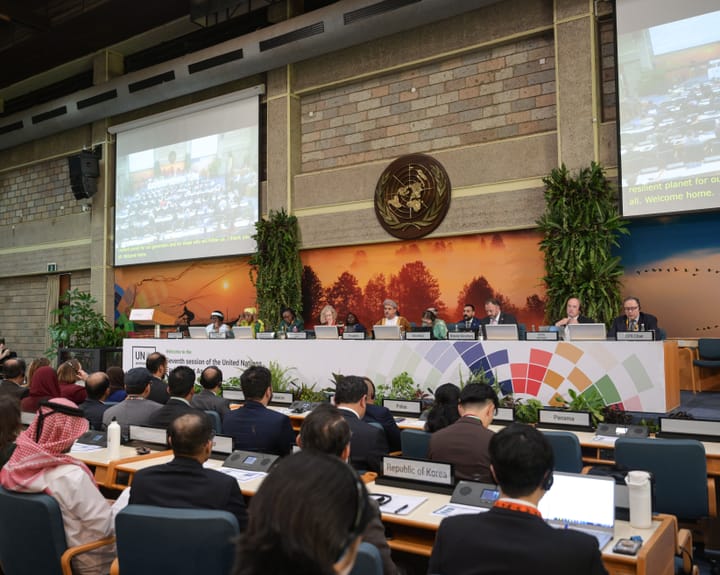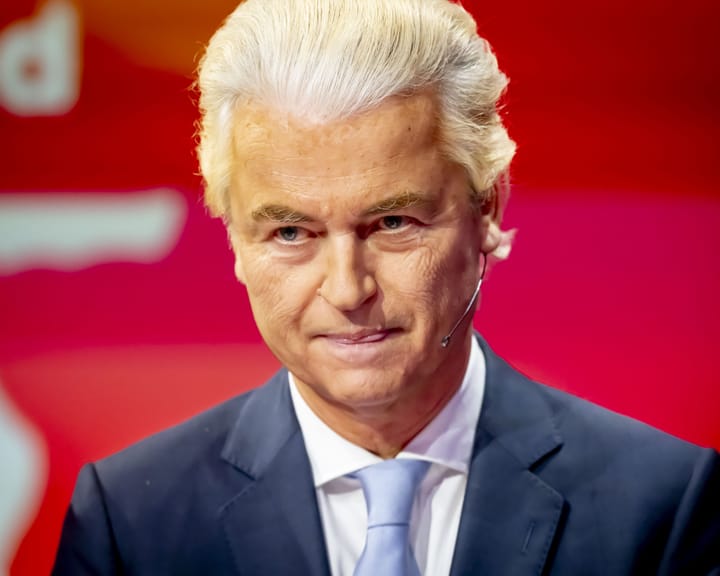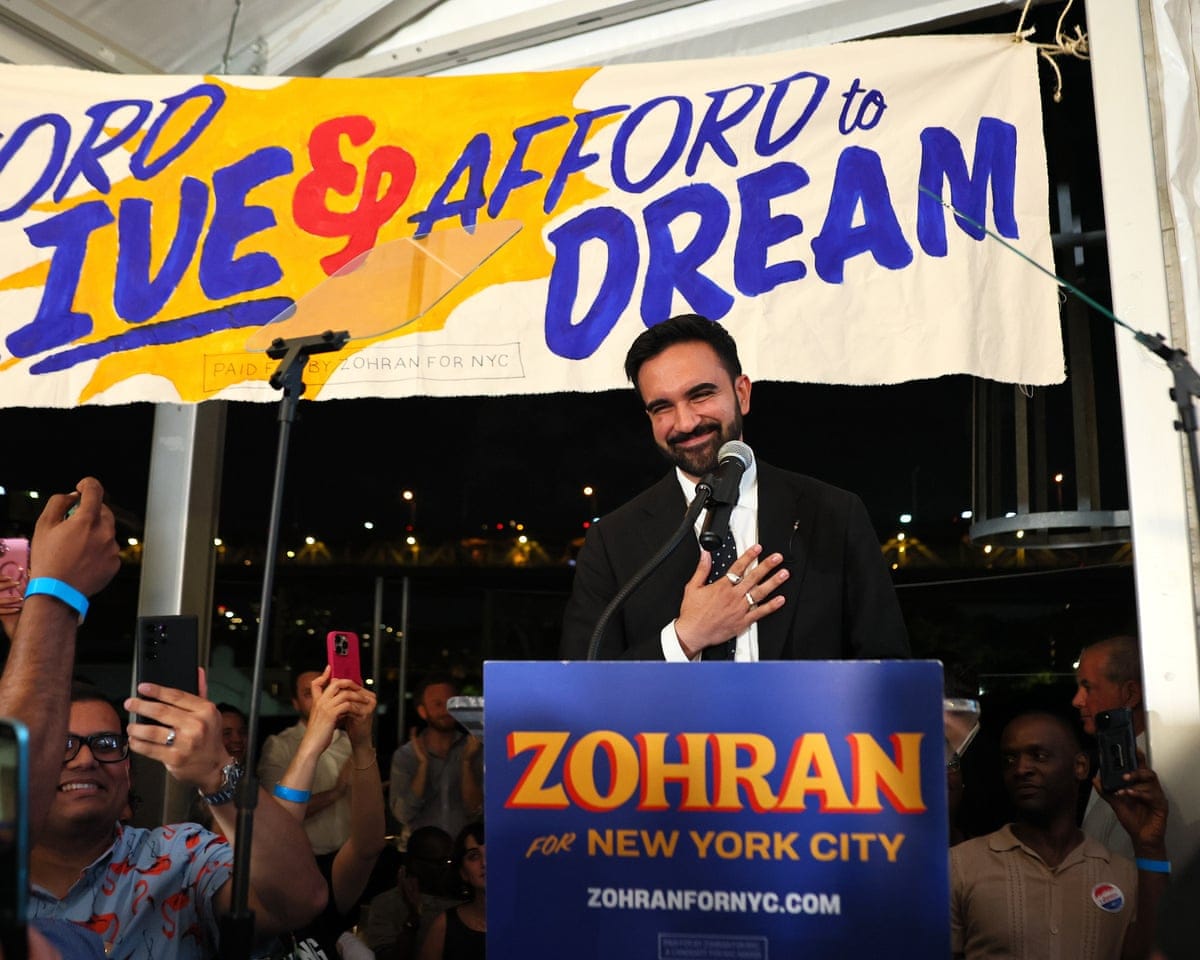Zohran Mamdani’s unexpected victory in New York’s mayoral primary reflects the stark divisions in the city—and the nation. On one side, a young progressive candidate overcame the entrenched political establishment, despite its vast resources and influential backers. On the other, a wave of racism and anti-Muslim sentiment erupted, with some portraying his success as an extremist takeover, driven by unfounded fears of radical ideology.
In the aftermath of Mamdani’s win, hostility toward Muslims surged, revealing an unsettling tolerance for bigotry. While little shocks the U.S. these days, the intensity of the backlash exposed deep-seated prejudice.
Political figures, former officials, and social media personalities amplified false narratives, imagining absurd scenarios of ideological domination. Some described his win as a consequence of unchecked immigration, while others hurled degrading insults, questioning his loyalty and demanding his removal from office.
The reaction has been so extreme that even inflammatory rhetoric from polarizing figures appears mild in comparison. Some responses border on parody—yet they are tragically real. The notion that Mamdani, known for his earnest demeanor, is some extremist threat is absurd enough to be laughable—but the persistence of such beliefs reveals a darker reality.
Years later, it remains astonishing how public Muslim figures provoke such irrational fear—and how easily anti-Muslim hatred is dismissed. Prominent leaders in Mamdani’s own party have remained silent, and those spreading falsehoods face no repercussions. When prejudice becomes normalized, its harm goes unchallenged.
The indifference to attacks on Mamdani stems not just from his faith but also from his politics. His real “offense” is not his background but his critique of mainstream economic policies and foreign affairs. His progressive stance—on taxes, housing, and U.S. support for conflict—has made him a target, fueling resistance from those invested in the status quo.
The response to his campaign underscores deeper tensions, revealing both the potential for change and the resistance it provokes.
Read next

Africa's Warning on Solar Geoengineering Risks Gains Editorial Backing
It is appropriate that this week’s United Nations environmental discussions are happening in Nairobi, as Africa plays a central role in shaping global climate dialogue. Diplomats from the continent are addressing the complex issue of whether attempting to cool Earth by reducing sunlight exposure is a prudent approach. While

Might Narcolepsy Medication Revolutionize the World?
Breakthroughs in Sleep Science Reveal Surprising Insights
During a conversation with a pharmaceutical researcher, I learned of significant progress in sleep medications. One promising development targets narcolepsy, though its method could also address broader sleep issues like insomnia, much like how certain unexpected innovations find wider applications — akin to adhesive

"Far right still dominant in Netherlands despite Wilders' government setback"
Dutch Voters Head to the Polls Amid Political Instability
On Wednesday, Dutch citizens will cast their votes once again, marking the ninth election for the Tweede Kamer—the legislative chamber of the Netherlands’ parliament—in this still young century. In some respects, the country has come to resemble Italy in

